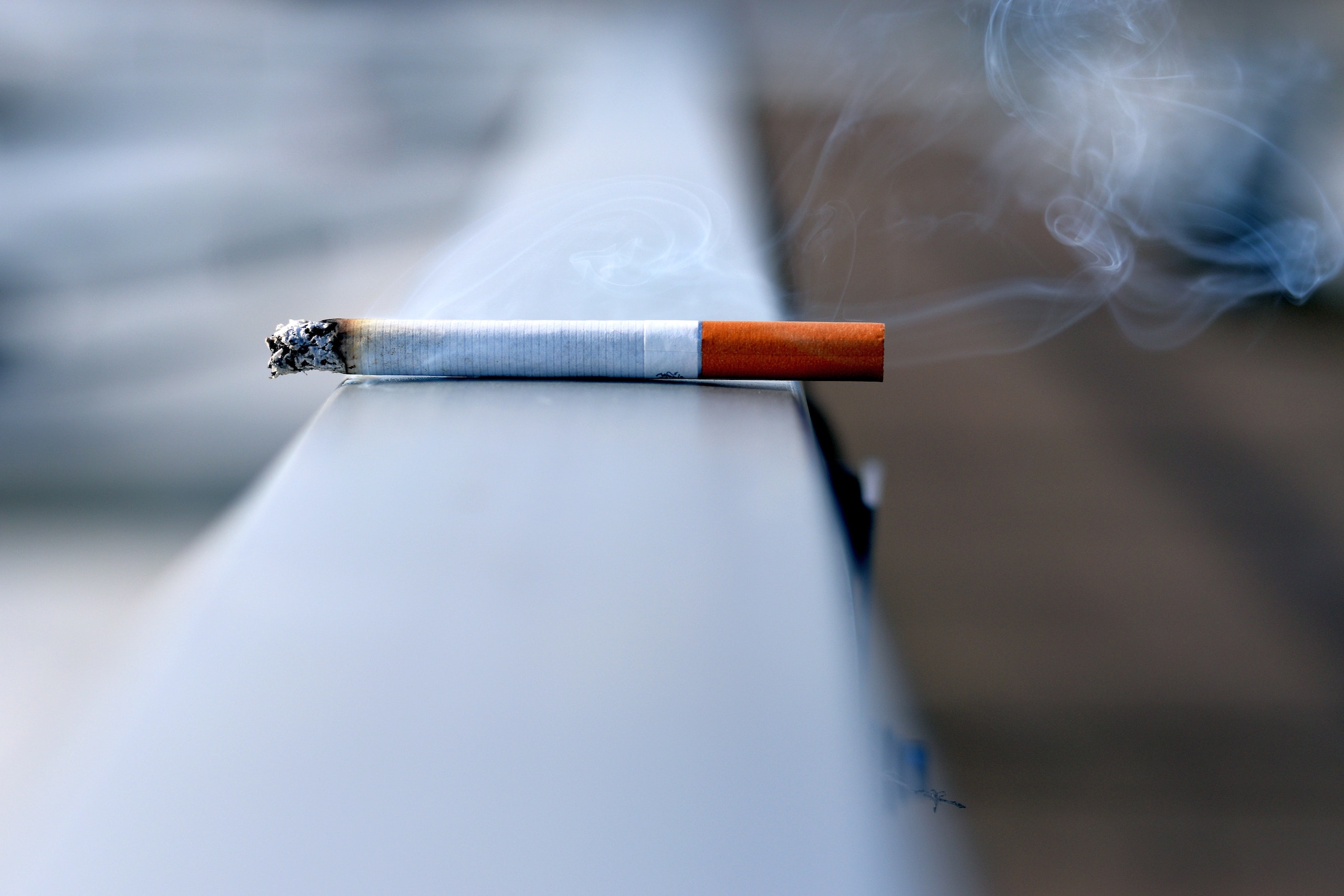
Caught cheating: When sin taxes forge unforeseen fallout
From sugar to cigarettes, raising taxes on certain products is intended to discourage unhealthy or undesirable behaviors. These taxes — called sin taxes — may be effective in reducing the use of those products, but is that the only consequence?
From sugar to cigarettes, raising taxes on certain products is intended to discourage unhealthy or undesirable behaviors. These taxes — called sin taxes — may be effective in reducing the use of those products, but is that the only consequence?
In this story published Dec. 14, 2021, on Bloomberg Tax:
We then examine how their likelihood of committing fraud changes around a large increase in federal sales taxes on cigarettes. We find that in the month immediately after the tax hike, smokers ramp up their cheating by about half — this represents an increase of about 1.1 fraudulent trips per month.
– David Kenchington, assistant professor of accountancy
– Roger White, associate professor of accountancy
Latest news
- Pop culture is key to effective teaching
How a management and entrepreneurship professor uses Ted Lasso and other pop-culture touchstones…
- Artificial intelligence in business master's degree helps Nathan Merriman combine business strategy with technology
Nathan Merriman (MS-AIB '25) had been working in business for a few years when he learned about…
- How the Executive MBA empowered Scott Gates to be a mission-driven leader
Scott Gates (BS Marketing '04, Executive MBA '15) had a very positive experience during his…